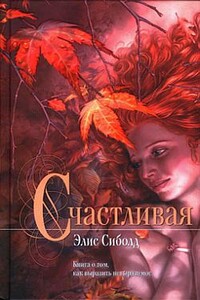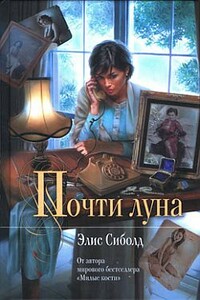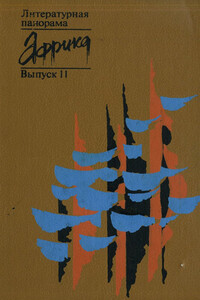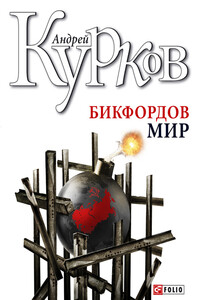“Daddy?” she said. “Are you okay, Daddy?”
The door opened a crack. It was Hal Heckler, a tall handsome slash of a man.
“Lindsey,” he said, “I’ll wait for you out in the visitors’ area in case you need a ride home.”
He saw her tears when she turned around. “Thanks, Hal. If you see my mother…”
“I’ll tell her you’re in here.”
Lindsey took my father’s hand and watched his face for movement. My sister was growing up before my eyes. I listened as she whispered the words he had sung to the two of us before Buckley was born:
Stones and bones;
snow and frost;
seeds and beans and polliwogs.
Paths and twigs, assorted kisses,
We all know who Daddy misses!
His two little frogs of girls, that’s who.
They know where they are, do you, do you?
I wish a smile had come curling up onto my father’s face, but he was deep under, swimming against drug and nightmare and waking dream. For a time leaden weights had been tied by anesthesia to the four corners of his consciousness. Like a firm waxen cover it had locked him away tight into the hard-blessed hours where there was no dead daughter and no gone knee, and where there was also no sweet daughter whispering rhymes.
“When the dead are done with the living,” Franny said to me, “the living can go on to other things.”
“What about the dead?” I asked. “Where do we go?”
She wouldn’t answer me.
Len Fenerman had rushed to the hospital as soon as they put the call through. Abigail Salmon, the dispatcher said, requesting him.
My father was in surgery, and my mother was pacing back and forth near the nurses’ station. She had driven to the hospital in her raincoat with only her thin summer nightgown beneath it. She had her beating-around-the-yard ballet flats on her feet. She hadn’t bothered to pull her hair back, and there hadn’t been any hair elastics in her pockets or purse. In the dark foggy parking lot of the hospital she had stopped to check her face and applied her stock red lipstick with a practiced hand.
When she saw Len approaching from the end of the long white corridor, she relaxed.
“Abigail,” he said when he grew closer.
“Oh, Len,” she said. Her face puzzled up on what she could say next. His name had been the sigh she needed. Everything that came next was not words.
The nurses at their station turned their heads away as Len and my mother touched hands. They extended this privacy veil habitually, as a matter of course, but even so they could see this man meant something to this woman.
“Let’s talk in the visitors’ area,” Len said and led my mother down the corridor.
As they walked she told him my father was in surgery. He filled her in on what had happened in the cornfield.
“Apparently he said he thought the girl was George Harvey.”
“He thought Clarissa was George Harvey?” My mother stopped, incredulous, just outside the visitors’ area.
“It was dark out, Abigail. I think he only saw the girl’s flashlight. My visit today couldn’t have helped much. He’s convinced that Harvey is involved.”
“Is Clarissa all right?”
“She was treated for scratches and released. She was hysterical. Crying and screaming. It was a horrible coincidence, her being Susie’s friend.”
Hal was slumped down in a darkened corner of the visitors’ area with his feet propped up on the helmet he’d brought for Lindsey. When he heard the voices approaching he stirred.
It was my mother and a cop. He slumped back down and let his shoulder-length hair obscure his face. He was pretty sure my mother wouldn’t remember him.
But she recognized the jacket as Samuel’s and for a moment thought, Samuel’s here, but then thought, His brother.
“Let’s sit,” Len said, indicating the connected modular chairs on the far side of the room.
“I’d rather keep walking,” my mother said. “The doctor said it will be an hour at least before they have anything to tell us.”
“Where to?”
“Do you have cigarettes?”
“You know I do,” Len said, smiling guiltily. He had to seek out her eyes. They weren’t focusing on him. They seemed to be preoccupied, and he wished he could reach up and grab them and train them on the here and now. On him.







